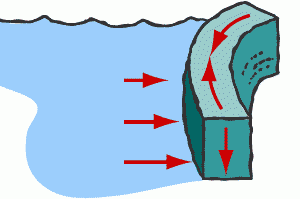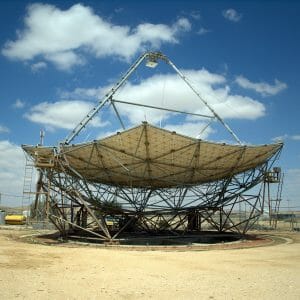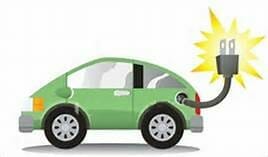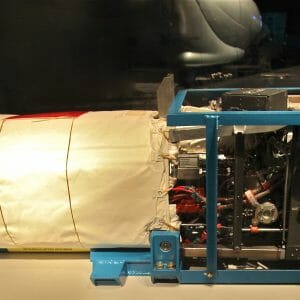Description
This course presents an overview of six alternative fuels used for vehicles: biodiesel, electricity, ethanol blended with gasoline, hydrogen, natural gas, and propane. In each case a description is given of the physical properties of the fuel, its source (what it is produced from), its environmental advantages and disadvantages, its effectiveness as a power source for a vehicle, its current availability (including its distribution system), and any characteristic problems which are unique to it. The course material consists of concise, easy-to-read fact sheets distributed by the Alternative Fuels and Advanced Vehicles Data Center of the U.S. Dept. of Energy. An engineer completing the course will possess useful, general scientific knowledge of the current state-of-the-art of alternative fuels without having to spend considerable time developing specialized knowledge of each fuel.
This course is intended primarily for civil, mechanical, and transportation engineers, and would be of particular interest to engineers serving on governmental planning boards or concerned with maintaining fleet operations for a private company or for the military.
This course is based on six documents taken from the website of the Alternative Fuels and Advanced Vehicles Data Center of the Office of Energy Efficiency & Renewable Energy, U. S. Department of Energy:
Alternative Fuels and Advanced Vehicles
For convenience the six documents have been collected into a single pdf file.
- Biodiesel as a vehicle fuel
- Hybrid and plug-in electric vehicles
- Flexible fuel vehicles (ethanol and gasoline)
- Hydrogen fuel cells used to power a vehicle
- Natural gas as a vehicle fuel
- Propane as a vehicle fuel
 E - 1536 FHWA Guidelines to Accommodate Older Drivers and Pedestrians
1 × $175.00
E - 1536 FHWA Guidelines to Accommodate Older Drivers and Pedestrians
1 × $175.00  E - 1458 Foundation Investigations for Arch Dams
1 × $75.00
E - 1458 Foundation Investigations for Arch Dams
1 × $75.00  E - 1101 Solar Energy Fundamentals
1 × $100.00
E - 1101 Solar Energy Fundamentals
1 × $100.00 

 E - 1536 FHWA Guidelines to Accommodate Older Drivers and Pedestrians
E - 1536 FHWA Guidelines to Accommodate Older Drivers and Pedestrians  E - 1458 Foundation Investigations for Arch Dams
E - 1458 Foundation Investigations for Arch Dams  E - 1101 Solar Energy Fundamentals
E - 1101 Solar Energy Fundamentals 


